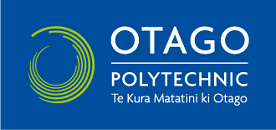
Taking action and choosing priorities
In this course you will learn how to prioritise the actions for sustainable development that sit between your baseline and your vision of success by applying the three prioritising questions. You will then consider communicating your work, your audience, your story, and how will you connect the two.
What’s it about?
Taking Action and choosing priorities is about using collaboration and imagination to work out the steps you need to take to move from your baseline to your clearly articulated vision. It also requires personal ability to be creative - a great enough knowledge of self that creates room for inspiration and clarity.
What will I learn?
In this micro course you will:
- Learn that inspiration often comes from unexpected places.
- Be able to ask, "How would nature do this?"
- Understand prioritising questions to provide a check before action.
- Taking action changes perspective. With reflection it can provide new insight into the next course of action.
- Understand your audience and what you need them to know.
- Bring your audience and your message together.
- Learn to be clear and concise. No jargon, no buzz words.
- Be able to ensure that the right measures are in place.
- Understand the Tools level of the 5 Level framework from CSF101
- Have an understanding of which tools are best.
What’s involved?
There are four learning pathways each containing numerous resources and five activities, the last one being an assessment. The learning pathways are:
- Inspiring creative solutions.
- Prioritising actions.
- Communicating for success.
- Choosing the right support tools.
You can participate online out of self-interest and expect to spend 20 hours over 10 working days. If you are planning to submit the assignment for academic credit, you will need an additional 20 hours to prepare the assessment.
Prerequisites?
Anyone is free to participate in this course. An internet connection and basic web browsing skills are recommended with the ability to create a blog and microblog account (instructions and self-study tutorials provided.) You are requested to keep a personal learning journal as reflection has been shown to increase learning markedly.
Learners aiming to submit assessments for formal academic credit will need to meet the normal university admission requirements of the conferring institution (e.g. language proficiency and school leaving certificates). Learners aiming for the 3rd year Bachelor level are advised to have completed the majority of their 2nd year level subjects to have sufficient capability and experience for preparing assignments for 3rd year level of Bachelor study.
| Course | Prerequisites |
|---|---|
| CSF101 | None |
| CSF102 | CSF101 |
| CSF103 | CSF101, CSF102 |
| CSF104 | CSF101, CSF102, CSF103 |
Image credit: Senjin Pojskić dedicated to the public domain.
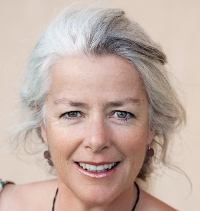 Alexa Forbes, is connected in community, media and sustainability fields and is currently researching the impacts of technological and environmental disruption on New Zealand organisations.
Read More
Alexa Forbes, is connected in community, media and sustainability fields and is currently researching the impacts of technological and environmental disruption on New Zealand organisations.
Read More
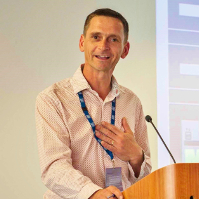 Simon Harvey, supports forward thinking and progressive organisations to accelerate their success. Simon is a recognised management consultant, trainer and keynote speaker in the
Read More
Simon Harvey, supports forward thinking and progressive organisations to accelerate their success. Simon is a recognised management consultant, trainer and keynote speaker in the
Read More
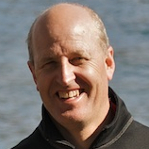 Steve Henry, lives in Motueka in Aoeteroa / New Zealand. Steve believes the best learning people can achieve comes from within, with support from
Read More
Steve Henry, lives in Motueka in Aoeteroa / New Zealand. Steve believes the best learning people can achieve comes from within, with support from
Read More
 Carol Cooper-Taylor, is an independent consultant with extensive experience in e-learning design. Carol was commissioned by the OER Foundation to lead the design and development
Read More
Carol Cooper-Taylor, is an independent consultant with extensive experience in e-learning design. Carol was commissioned by the OER Foundation to lead the design and development
Read More
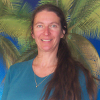 Florence Micoud, has 20 years of professional experience in environmental, sustainable and ecological knowledge. Florence supports organisations, businesses, communities and households on the path towards
Read More
Florence Micoud, has 20 years of professional experience in environmental, sustainable and ecological knowledge. Florence supports organisations, businesses, communities and households on the path towards
Read More
This course was developed by Otago Polytechnic with technical support from the Open Education Resource Foundation.



